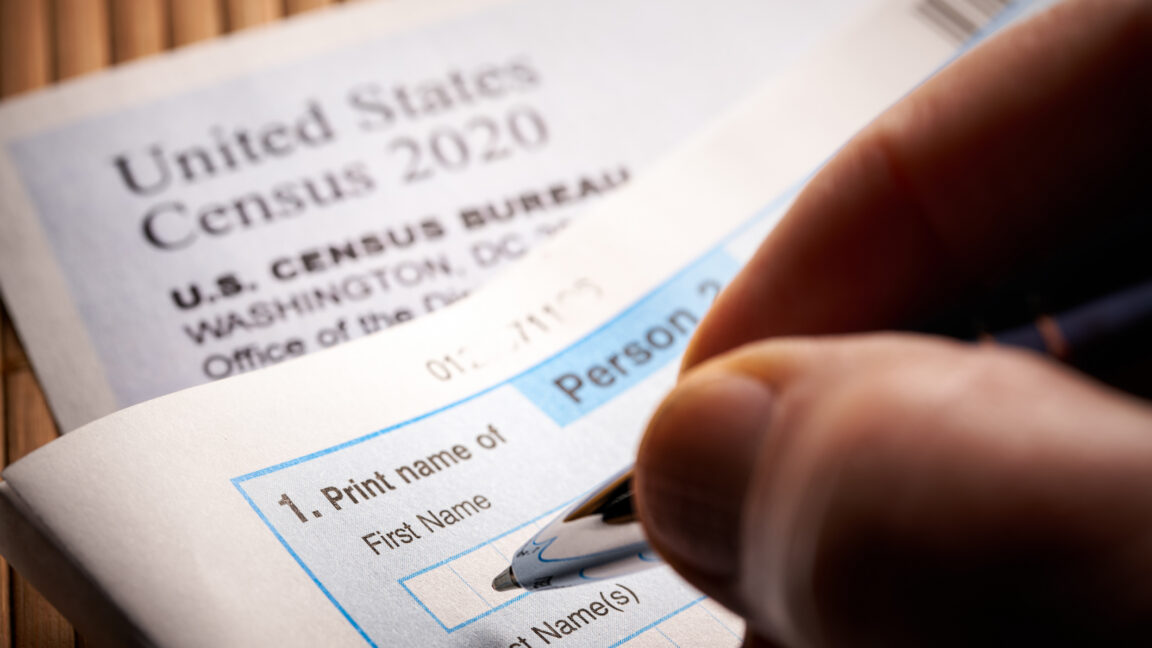Differential privacy keeps that data private. It’s a mathematical framework whereby a statistical output can’t be used to determine any individual’s data in a dataset, and the bureau’s algorithm for differential privacy is called TopDown. It injects “noise” into the data starting at the highest level (national), moving progressively downward. There are certain constraints placed around the kind of noise that can be introduced—for instance, the total number of people in a state or census block has to remain the same. But other demographic characteristics, like race or gender, are randomly reassigned to individual records within a set tranche of data. This way, the overall number of people with a certain characteristic remains constant, while the characteristics associated with any one record don’t describe an individual person. In other words, you’ll know how many women or Hispanic people are in a census block, just not exactly where.
On August 28, Republican Representative August Pfluger introduced the COUNT Act. If passed, it would add a citizenship question to the census and force the Census Bureau to “cease utilization of the differential privacy process.” Pfluger’s office did not immediately respond to a request for comment.



That’s a fact not a rumor
There is a reason the Netherlands anonymized their public healthcare records after Hitler’s invasion